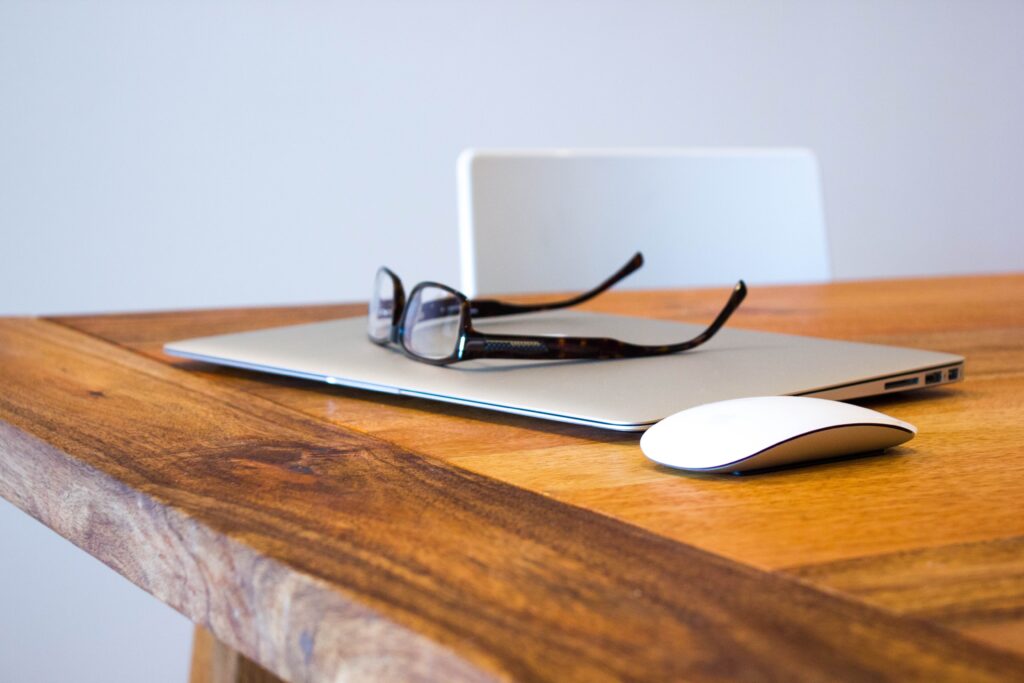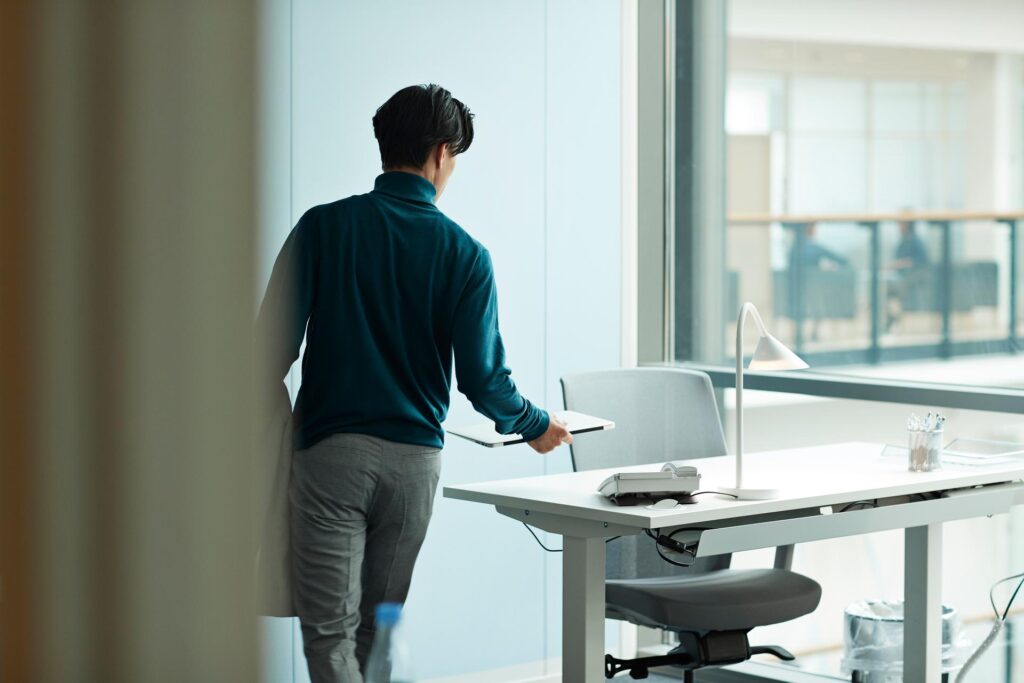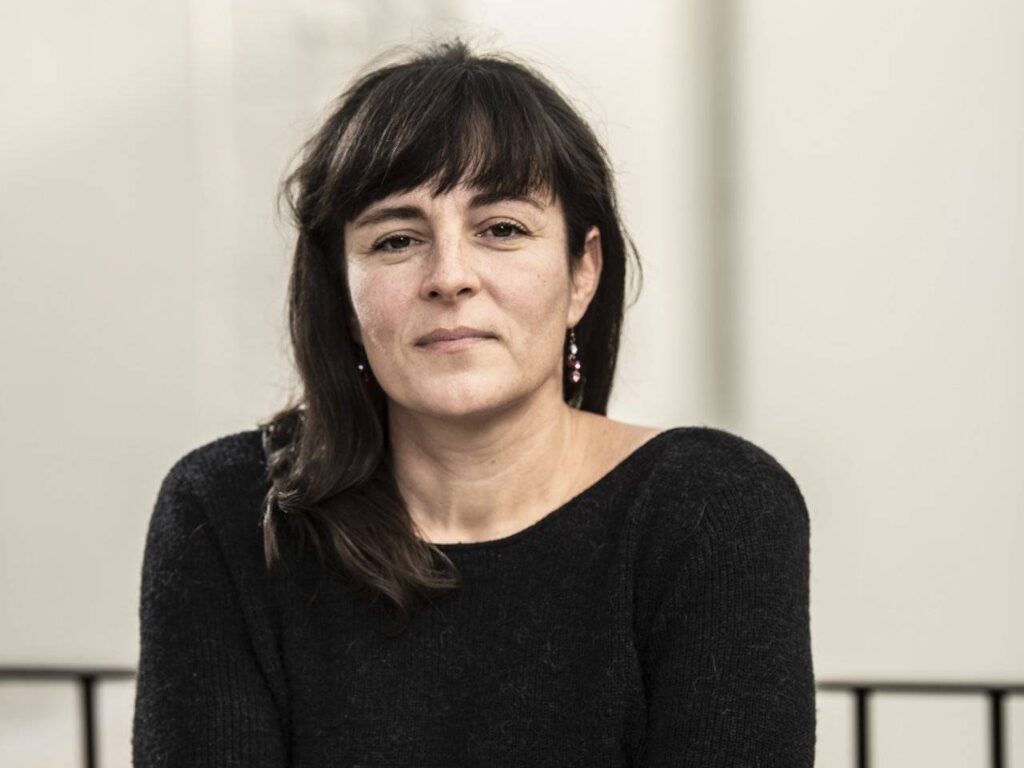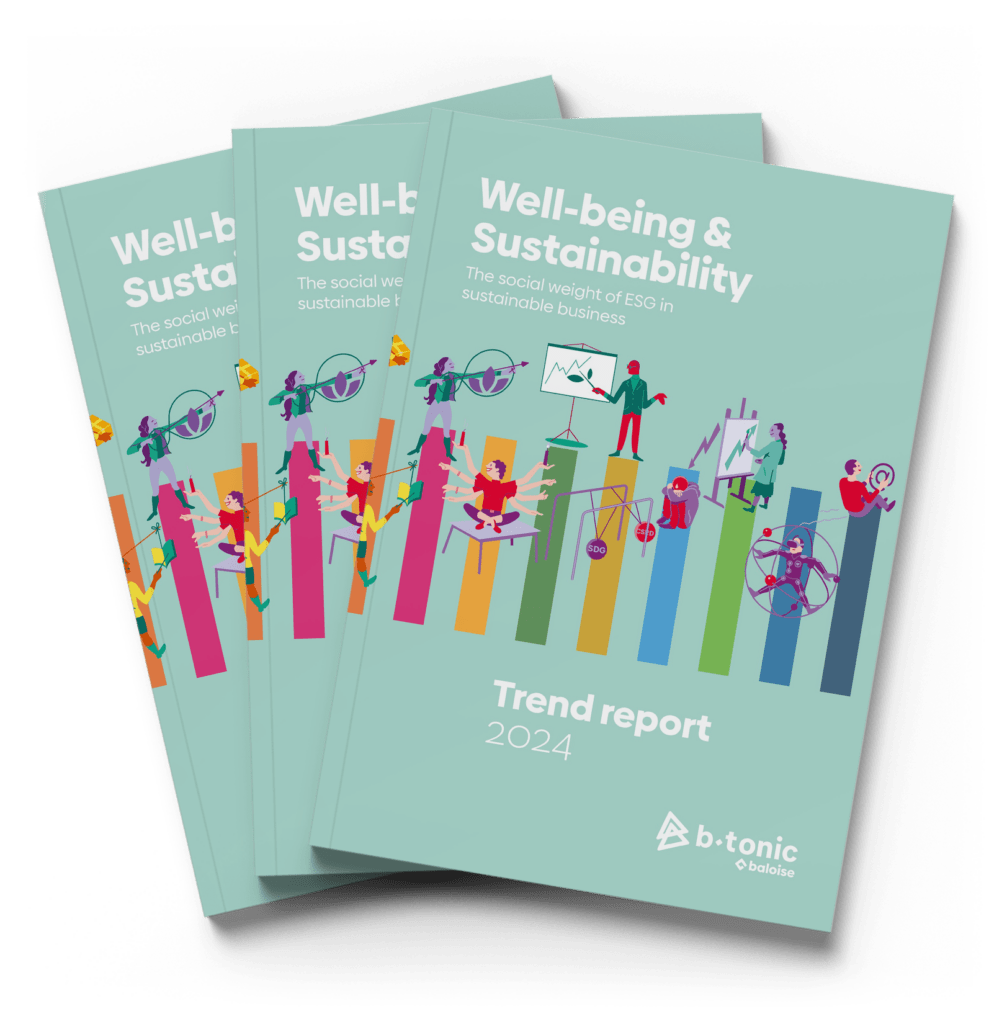How do employers and employees look at the post-covid world of work? How do they each experience the different way of working? And what is the impact of those mindsets on their well-being and work organisations? Together with Prof. dr. Kathleen Vangronsvelt we searched for answers.
‘We must never become too busy sawing to take time to sharpen the saw.’ With which the American management author Stephen Covey emphasises that you can only take care of someone else when you stand strong yourself. The fact that employers and managers neglect their own well-being is probably the biggest pitfall in the transformation towards a sustainable post-covid labour model.

Prof. dr. Kathleen Vangronsvelt (Antwerp Management School) can only agree. According to her, the organisation must play a big role in supporting their leadership figures to take care of themselves and guide their employees. And thus help them cope all changes in the work organisations and in the minds of their employees in a smart way. You cannot as an organisation expect them to figure out by themsleves what changed and what will change in the future.
End of the ‘old normal’
In five waves between April 2020 and May 2021, the labour expert asked, in collaboration with her colleague prof. dr. Ans De Vos, companies and organisations about the impact of the pandemic on the labour organisation, (remote) working, careers and well-being.
The extensive study shows that much has changed in the minds of employees and employers, resulting in the fact that going back to the old normal is no longer an option. ‘At the same time, we cannot equate the working conditions during the corona crisis as the new standard‘, Kathleen Vangronsvelt emphasises. Her insights, and those from several other experts and researchers, were extremely valuable for our whitepaper The new thinking about hybrid working. The first in a series of three about the trials and tribulations of the post-covid labour model.
In The new thinking about hybrid working, we delve into what employees experience as a career shock.. And how can employers gauge whether they are falling short when it comes to supporting the increased need for connection and mental health of their people?
We need to be wary that working the way we did in the crisis year does not become the new default.’
Productivity, trust and goodwill
As opposed to what company leaders feared, many remote workers worked harder and more efficiently in the first year of the pandemic than before. Relief for employers, because there was no productivity loss. For many of them the pandemic did turn out to be a crisis of connection. More than 4 in 5 employers lie awake at night thinking about their people’s mental health and do not know what they can do to support their mental well-being.
But there is good news too. Despite the connection crisis and the concerns about the mental well-being, employers learned to trust their people even more during the worldwide health crisis. Simultaneously, company leaders experienced more goodwill from their employees towards the company. ‘That will have a positive impact on the future relationship between employer and employee’, dr. Kathleen Vangronsvelt hopes. ‘And it confirms the conviction of the majority of employers that remote work will stick around.’
Collaboration under pressure
Employees have started thinking more about their career and struggle with a so-called career shock. 1 in 4 even started looking for another job. For instance, because their company refuses to implement a flexible hybrid working environment. That is remarkable, as usually the labour mobility lowers in times of crisis.
Dr. Kathleen Vangronsvelt: ‘Our research shows that many employers have the subjective feeling that they work more than before the corona crisis. And thus feel stressed out..’ By the way, those who do not feel good does not connect as easily with people and the employer. That isolation generates side effects that negatively influence the collaboration between colleagues.
Still, the career shock does not need to be only negative. By experiencing new things, many employees developed new skills and gained insight in their aspirations, such as what they wanted to improve within themselves. ‘The pandemic gave a boost to employees’ learning curve.’
‘The pandemic gave a boost to employees’ learning curve.’ –
A human-oriented approach
There is clearly no way back. Hybrid work conquered its place within the labour organisation. But it can only succeed in organisations with a vision on the post-covid labour model. You must embrace it. ‘Approach the return to the office as a transformation process. A learning phase’, dr. Kathleen Vangronsvelt reiterates. As the perfect moment to contemplate what your employees have learned and to boost the learning culture within the company.
That means breaking barriers, even within the organisation. Research shows that a flexible framework within which the employee can make choices for themselves has a positive impact on the mental well-being than a rigid and strict framework.
The approach naturally differs from company to company. Even within one company different habits will come into being within different teams. One formula for all employees, one size fits all, does not work any longer. In addition, having an eye for the differences indicates a human-oriented approach. Either way, the company leader and HR manager play an important role in coming to a new, balanced and workable reality by experimenting.
Many more insights and practical dos and don’ts can be read in our whitepaper The new thinking about hybrid working … and how to handle it. The first in a series of three about the trials and tribulations of the post-covid labour model.

